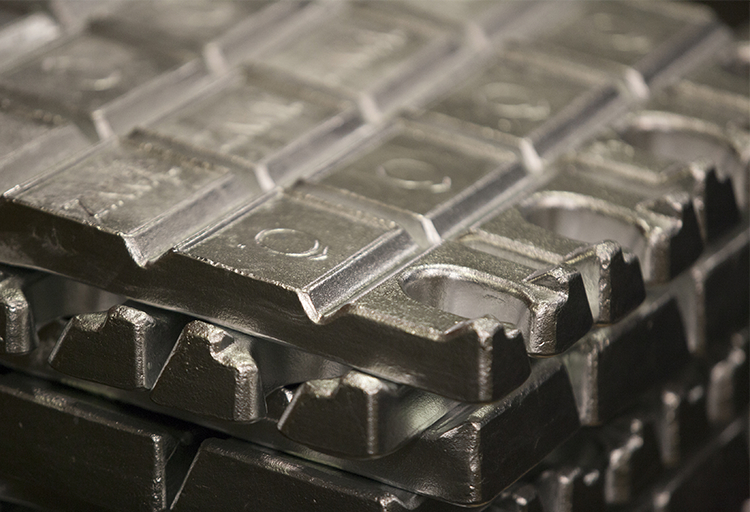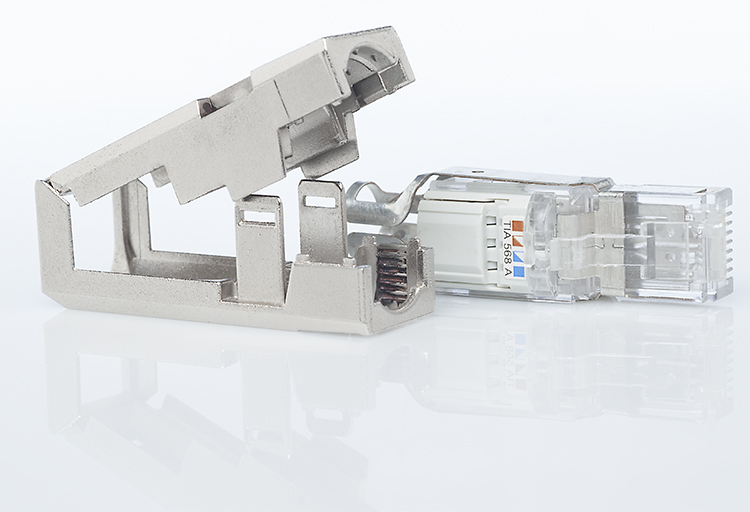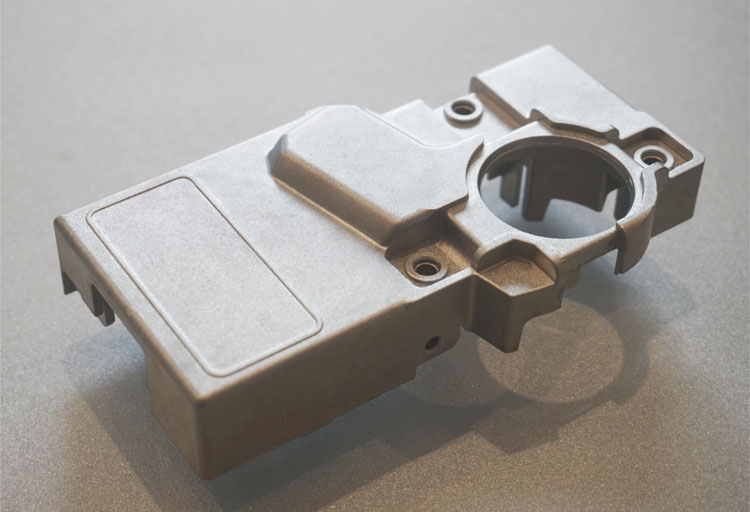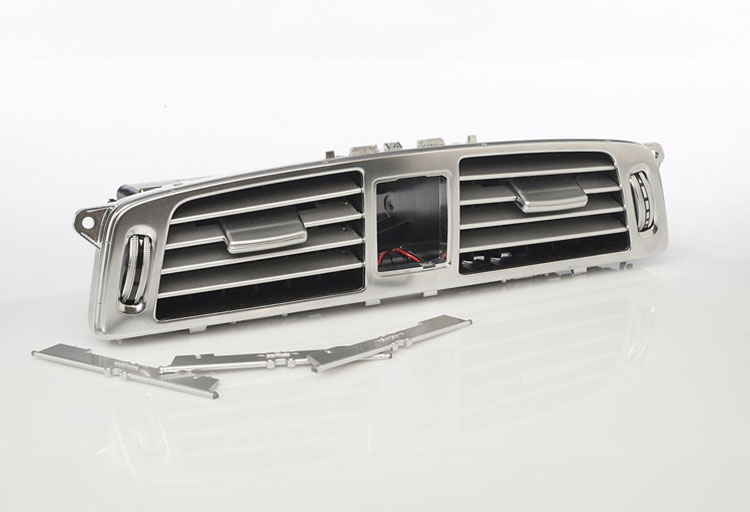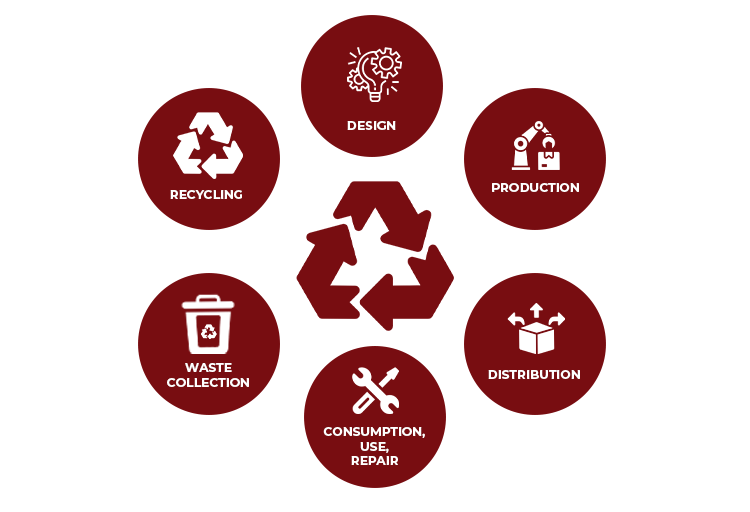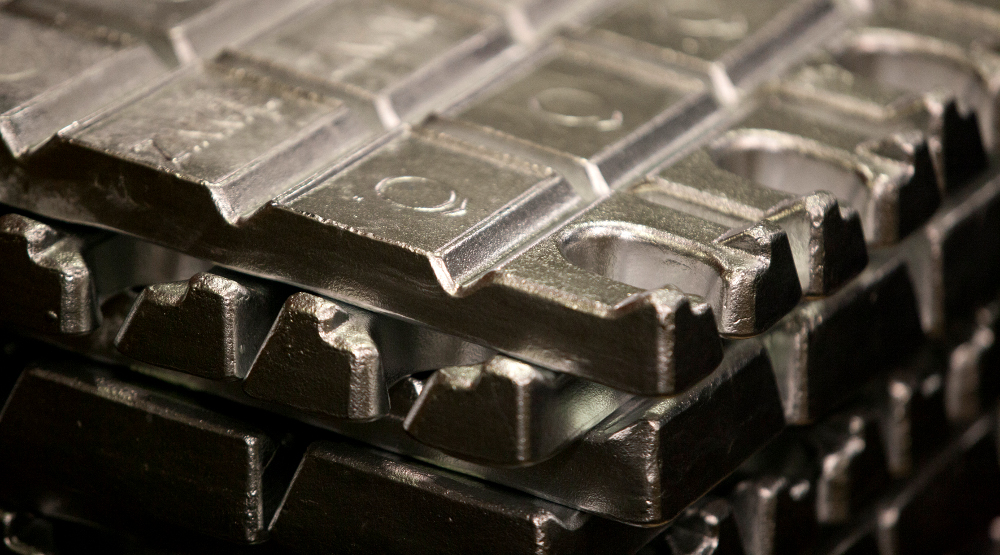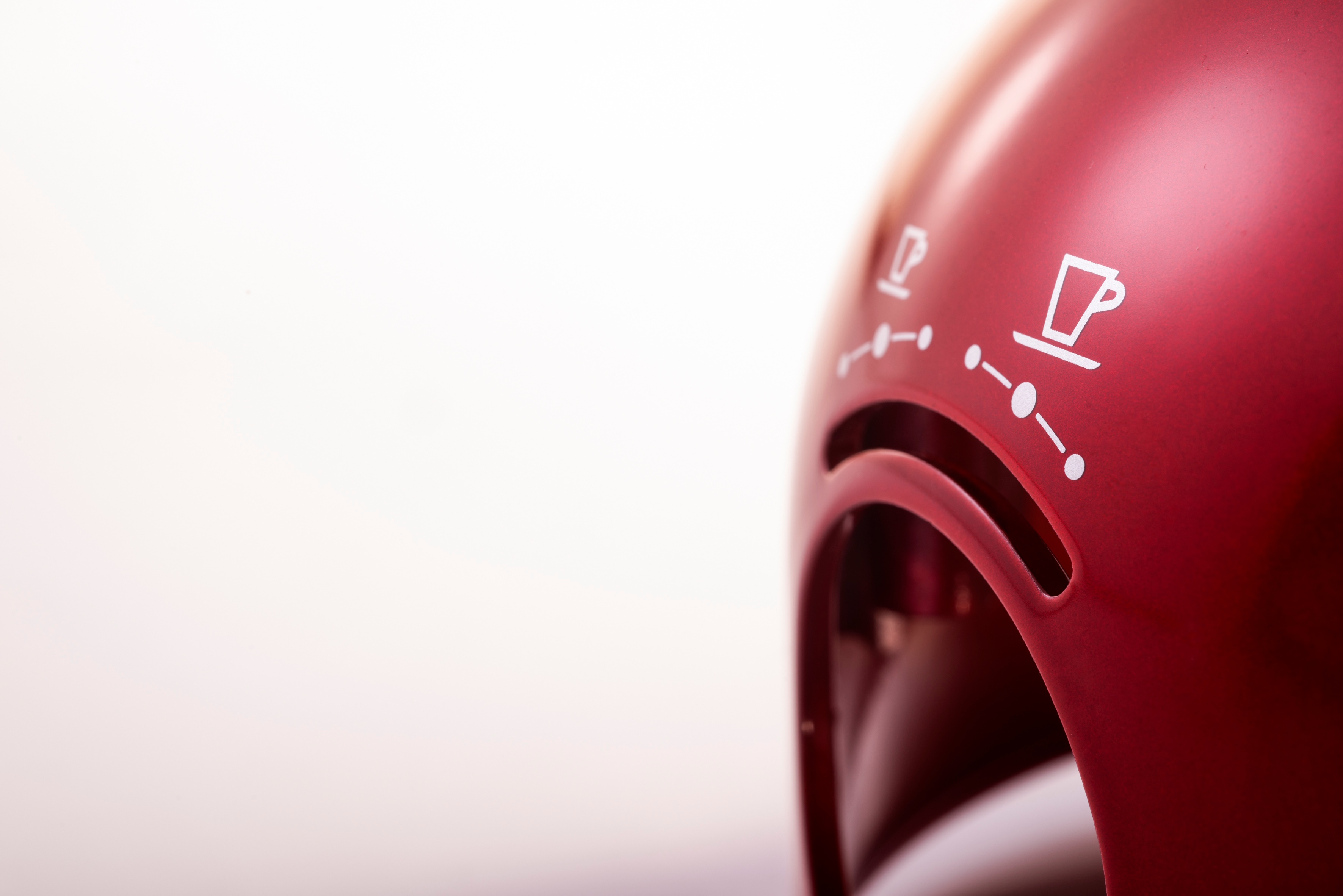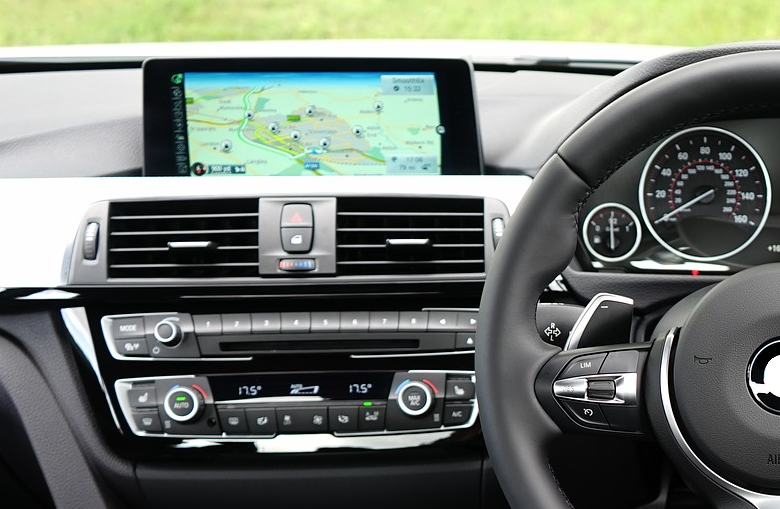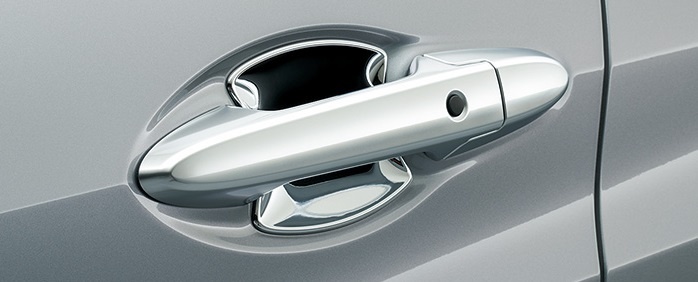All the posts for zinc-benefits
Posts by Topic
- Die Casting simulation (35)
- Co-design (26)
- Cost reduction (23)
- die casting finishing (18)
- Defects reduction (16)
- high pressure die casting (16)
- die casting process (15)
- VAVE (13)
- die casting (12)
- Zinc (11)
- Zinc benefits (10)
- casting process (10)
- die casting engineering (10)
- optimization (10)
- Innovation (9)
- automotive (8)
- casting (8)
- ZAMAK (7)
- product design (6)
- quality (6)
- Mould Design (5)
- Scrap reduction (5)
- automation (5)
- saving (5)
- Mold (4)
- benefits (4)
- die casting machines (4)
- hot chamber die casting (4)
- industry (4)
- supply chain (4)
- zinc alloys (4)
- Commodity (3)
- coffee market (3)
- mold maintenance (3)
- process improvement (3)
- small appliances (3)
- technology (3)
- thin wall thickness (3)
- Shrinkage porosity (2)
- costs saving (2)
- customer service (2)
- cycle time (2)
- electronic products (2)
- improvement (2)
- metrology (2)
- mold design (2)
- process analysis (2)
- production (2)
- production process (2)
- recycling (2)
- sustainability (2)
- white goods (2)
- zinc life cycle (2)
- DFM (1)
- Electromechanical systems (1)
- HPDC (1)
- Lighting components (1)
- Press (1)
- SME (1)
- Textile (1)
- Textile Machineries (1)
- Zinc alloy actuators (1)
- actuators (1)
- chrome plating (1)
- environment (1)
- industrial machinery (1)
- industrialization (1)
- lead time (1)
- machines (1)
- painting (1)
- quality control (1)
- surface treatment (1)
- tier 2 automotive supplier (1)
- vacuum valve (1)
- zinc alloys for doors and windows (1)
Zinc alloys are renowned for their remarkable properties such as their robustness, resistance to corrosion and ease of casting. Over time, the evolution of manufacturing techniques has propelled zinc alloys to the forefront of a wide range of industries, including the automotive and electronics sectors. In this post, we will provide insights into the latest advancements unfolding within the realm of zinc alloys and their development, shifting from cutting-edge innovations to manufacturing breakthroughs.
In the rapidly evolving world of electronics, manufacturers are constantly seeking innovative materials and manufacturing processes to enhance the performance of products, reduce costs and also improve the efficiency. One such technique that has gained prominence among different industries and also among the manufacturers is zinc die casting.
The automotive industry refers to the vast ecosystem of manufacturing, distribution, sales and consumption of vehicles designed for transporting people and goods. This industry includes a wide range of vehicle types that ranges from traditional internal combustion engine vehicles to the latest innovations in electric vehicles, autonomous vehicles and connected vehicles. The automotive market is not limited to the production of vehicles but it also includes associated services that are related to automotive industry such as aftermarket parts and solutions that support transportation needs all over the globe. The automotive market stands as one of the most influential sectors globally that is shaping economies, societies and individual lifestyles.
Zinc alloy die casting is a versatile and reliable manufacturing technology that enables the creation of complex components with high precision and strength for a wide range of industries. A crucial aspect of the production of zinc die-cast parts is the possibility of obtaining complex shapes adapted to modern design requirements, allowing for a harmonious balance between form and function to be achieved. In this post, we will explore the importance of achieving design excellence in zinc die casting and see how functional design can positively influence the success of a product.
Of all the modern manufacturing methods available today, the zinc alloy die-casting process proves to be one of the most efficient and environmentally friendly processes. In fact, these alloys offer numerous advantages in terms of environmental and economic sustainability, which we will see below.
Thanks to their excellent mechanical and physical properties zinc alloys are a perfect material for die casting: they are indeed resistant, fluid, durable and rigid. But which are the best zinc alloys for hot chamber die casting? In this post we are going to analyze the different characteristics of zinc alloys for hot chamber die casting in order to define the best choice on the basis of the features that the final product requires.
Zinc is a material that can be employed in several manufacturing sectors, including the branch of small appliances. The following post describes the main advantages of the use of zinc for the production of small appliances components, specifically of coffee machines components.
The process of zinc die casting is highly popular for making parts in building and industrial fields, but its most common application is in automotive industry. In fact, cars have different parts that can be crafted through die casting, so much that the modern process of die casting originally started for automotive industry.
Developing automotive die casting exterior parts could be a solution to allow a wide scale of surfaces, structural characteristics and production capabilities. In details zinc alloys allows expanded styles in shape construction and precision in tighter angle tolerances.
Zinc is very versatile material: a combination of factors makes it a unique material from various perspectives, certainly from a cost point of view. According to that, the application of die cast zinc alloy components in the automotive industry can be an efficient solution to reduce production costs while maintaining the high levels of resistance, service life and hardness required by that sector.
